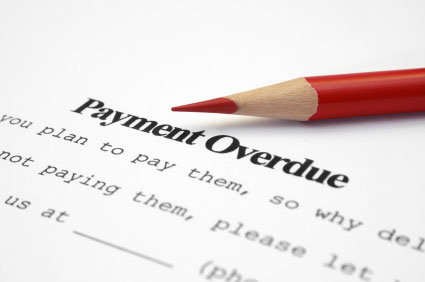Student Loans
Student Loans
College Loan Benefits
Applying for Loans
Choosing a Lender
Compare Loans
Borrowing Amount
Government Loans
Federal Loans
Government Loans
Stafford Loans
Perkins Loans
Federal Direct Loans
Low Interest Loans
Fed Loan Distribution
State Student Loans
Alternative
Alternative
Parent PLUS Loans
Graduate PLUS Loans
Home Equity
Major Lenders
Loan Organizations
Private Student Loans
ACS Student Loans
NelNet
Sallie Mae
Signature Loans
Loan Consolidation
Loan Consolidation
Consolidation Benefits
Consolidation for Graduate Students
Loan Repayment
Repayment Options
Loan Grace Period
Student Loan Discounts
Loan Cancellation
Student Loan Precautions
Loan Forgiveness
Defaulted Loans
Getting Out of Default
Loan Deferment
Loan Forbearance
Student loans can be a definite boon to the college-bound student, but it is important to deep up to date on all of your loan payments. You don't want to find yourself in default on any of your student loans.. Even so, circumstances change, finances become tight, and people make mistakes with their money. It happens, it's not the end of the world, and no financial error is ever truly permanent. If you find yourself in default on any of your student loans, it's time to develop a rescue strategy. If you put your mind to it, you can get out of default in under a year.
A loan goes into default when the borrower has failed to make a payment on their loan in more than 270 days. Under these circumstances a lender will designate the loan as being in default, and will turn it over to a collection agency. The collection agency will then pursue legal action against the defaulting borrower. This can result in the garnishment of wages, ruination of the borrowers credit score, and the inability to qualify for any other loans until the defaulted loan is discharged.
Now take a breath...There are ways to get out of default and save your credit history.

Getting out of default can be easier than you think, but you have to act quickly and decisively. If you have not made payments against your loan for over 270 days, you are considered in default. However, the lender will not report the default to the credit bureaus and collection agencies for another 90 days. This gives you a window of opportunity in which to act. It is vital to seize that opportunity and make the most of it.
During this 90 day window, if you make a payment on your outstanding loan you will no longer be in default. You can also eliminate the default by consolidating your student loan. When you consolidate, your original loans are paid in full, and a new loan agreement is written. However, if the 90 day window has passed neither of these options will be open to you. You will have landed in default.
Once your loan is officially designated as “ in default” you will have to take other steps to eliminate this mark from your record. When you have made six monthly payments to the collections agency, in full and on time, you may then be eligible to apply for Title IV Aid which can help you get out from under your unpaid debt. After you have made ten monthly payments on time, you will no longer be considered in default, and your loan repayment schedule will carry on as before. However, these payments must be consecutive, on time, and for the proscribed amount. Any deviation from the agreed schedule will result in the loan continuing to be considered in default.
If your student loan has been designated as in default, you may want to consider entering a loan rehabilitation program. Rehabilitation helps make your payments more affordable, and restructures your loan to match your current circumstances. The original underwriter of your loan, will help you devise a payment plan that takes into consideration your current income and financial obligations.

When you let a student loan go into default, the original lender has to pay a collection agency to take over your loan while they try to get the money owed from you. The original lender must also consider the potential loss of funds associated with an unpaid loan. These costs will be added to you total loan amount. Even if you begin repayment again, you will be responsible for these added costs. So you can see why avoid a loan default at all cost is so important.
It can be difficult paying off a loan you really couldn't afford to begin with, but by letting that loan go into default you only increase the level of debt for which you are responsible. Before you let 270 days pass with no payments, contact your lender and see if you can arrange a loan deferment or a forbearance. This can buy you some time while you get your financial situation under control, without having to sacrifice your credit in the process.
Students loans can be frightening, and they can sometimes seem daunting. But if you stay focused and keep up to date on your payments you will be just fine. If you do find yourself in default, don't panic. Keep a level head and look at all of your options. As we have seen there are ways to solve your debt crisis, remove the default, and restore your good credit rating.